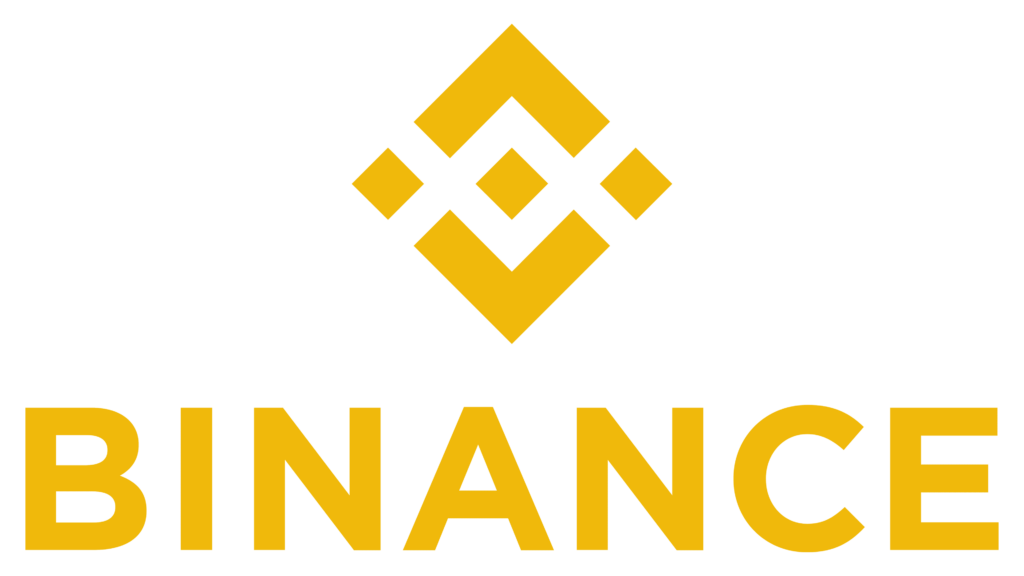This article highlights the commodities that investors and traders should keep an eye on for potential profitability and market volatility in the coming year.
Table of Contents
Introduction
The world of commodities offers great opportunities for investors and traders looking to diversify their portfolios and capitalize on market trends. Understanding the key commodities to watch is crucial for making informed decisions and maximizing potential profitability.
In 2023, the following ten commodities are expected to have significant impact and potential market volatility:
Comparison Table
| Commodity | Alternatives | Definitive Features |
|---|---|---|
| Gold | Silver, Bitcoin | Safe-haven asset, hedge against inflation, limited supply |
| Crude Oil | Natural Gas, Heating Oil | Global energy demand, geopolitical tensions, OPEC decisions |
| Copper | Nickel, Zinc | Industrial use, electrical conductivity, construction demand |
| Wheat | Corn, Soybeans | Food staple, weather conditions, global supply and demand |
| Palladium | Platinum, Rhodium | Industrial use, automotive sector, emission control devices |
| Natural Gas | Crude Oil, Coal | Energy demand, weather conditions, storage levels |
| Aluminum | Steel, Copper | Industrial use, lightweight metal, construction and transportation |
| Soybeans | Wheat, Corn | Food staple, weather conditions, demand from livestock industry |
| Lithium | Cobalt, Nickel | Electric vehicle industry, renewable energy storage |
| Platinum | Palladium, Rhodium | Industrial use, automotive sector, emission control devices |
Definitive Features of the Top Commodities
Gold: Gold is considered a safe-haven asset, often used as a hedge against inflation and economic uncertainties. Its limited supply adds to its value and attractiveness for investors. Alternatives to gold include silver and cryptocurrencies like Bitcoin.
Crude Oil: Crude oil is a highly traded commodity heavily influenced by global energy demand, geopolitical tensions, and decisions made by the Organization of the Petroleum Exporting Countries (OPEC). Natural gas and heating oil are alternative energy commodities to consider.
Copper: Copper is primarily used in industries such as construction and electrical conductivity. Its demand is closely tied to construction and infrastructure projects. Nickel and zinc can provide alternative investment opportunities.
Wheat: As a food staple, wheat’s price is affected by weather conditions, global supply and demand factors, and the overall health of the agriculture industry. Corn and soybeans can also be considered as alternatives.
Palladium: Palladium is essential for the automotive industry, particularly in emission control devices. Its demand is directly linked to the production and sales of vehicles. Platinum and rhodium are alternative choices for investors.
Natural Gas: Natural gas is widely used for heating and electricity generation. Its price is influenced by weather conditions, demand from the energy sector, and storage levels. Crude oil and coal are natural gas alternatives.
Aluminum: Aluminum has various industrial uses due to its lightweight properties. It is commonly used in construction and transportation sectors. Steel and copper are alternatives to consider.
Soybeans: Soybeans are a major food staple and their prices fluctuate based on weather conditions, global demand, and the needs of the livestock industry. Other alternatives include corn and wheat.
Lithium: With the rise of electric vehicles and renewable energy storage, lithium has gained significant attention. It is a key component of batteries used in these industries. Cobalt and nickel are alternative commodities to watch.
Platinum: Platinum is primarily used in the automotive sector for catalytic converters. It shares similar demand factors with palladium and rhodium. Consider platinum as an alternative to diversify your commodity investments.
FAQs
Why are commodities important for investors?
Commodities provide an opportunity for investors to diversify their portfolios beyond traditional stocks and bonds. They can act as a hedge against inflation and offer the potential for significant returns.
How can I invest in commodities?
There are several ways to invest in commodities, including buying futures contracts, investing in exchange-traded funds (ETFs), or purchasing shares of commodity-focused companies. It’s important to research and understand the risks associated with each investment method.
Are commodities risky investments?
Commodities can be volatile and carry their own set of risks. Price fluctuations are influenced by factors such as supply and demand dynamics, geopolitical events, and global economic conditions. Proper risk management and diversification are crucial when investing in commodities.
Conclusion
As we look toward 2023, these top 10 commodities offer potential for profitability and market volatility. From traditional safe-haven assets like gold to commodities driven by emerging industries like lithium, investors and traders have a diverse range of options to consider. It’s essential to closely monitor market conditions, stay informed about the factors impacting each commodity, and employ effective risk management strategies to make informed investment decisions in the exciting world of commodities.







